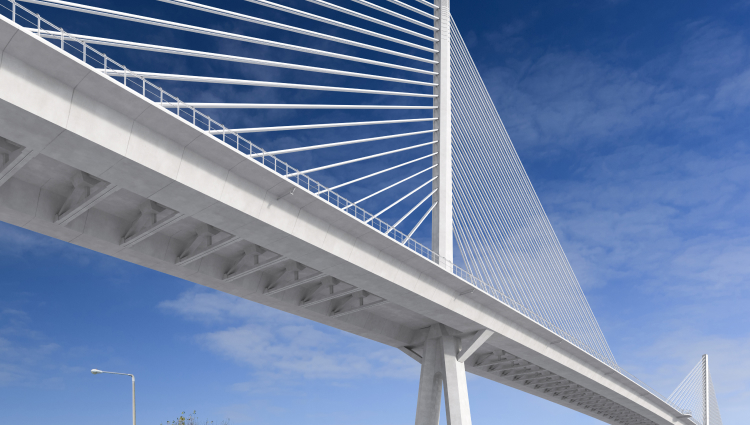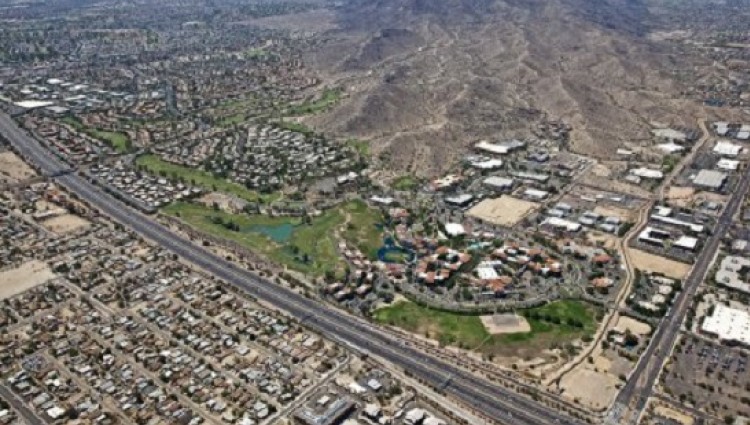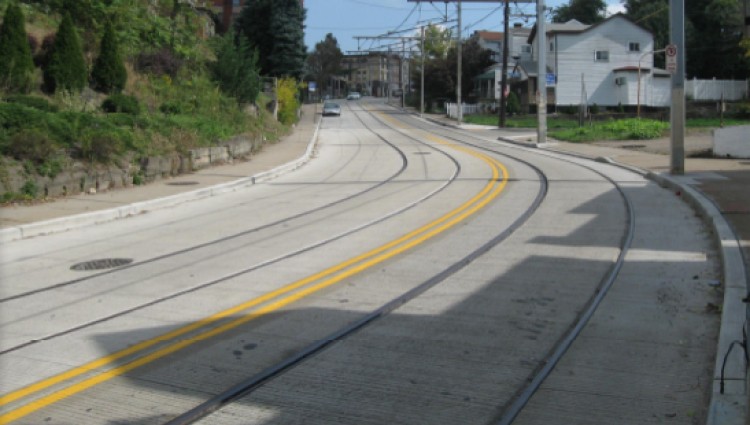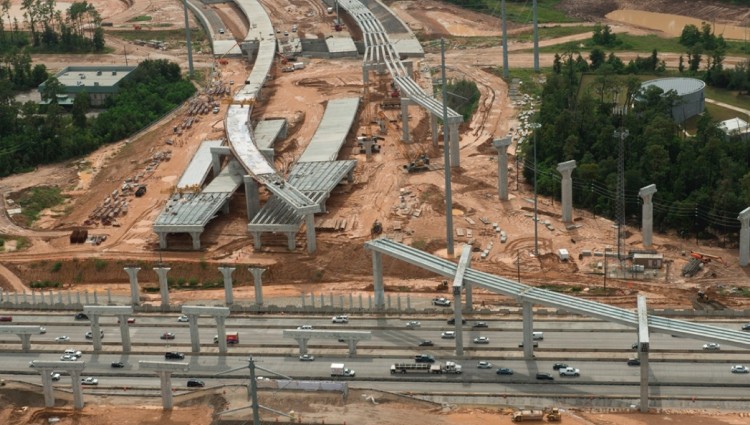
Design-build is a project delivery system that has been gaining prominence in the last decade in highway construction, where the designer and contractor come from a single entity. In the traditional design-bid-build process, the owner first procures and selects a consulting firm then puts the project out for bid, choosing a contractor to build the project. In design-build, the owner chooses a developer—a group of companies responsible for the designing and building of the project—and works with this entity throughout the project. This integrates the designers and builders from the beginning of the project, allowing for the design to be constantly changed and optimized based on input and ideas.
In a highway construction project filled with dozens of moving pieces, combining the design and construction phases into a single contract can help promote a culture of collaboration from the start. Design-build also can speed up the construction process, since sections of a project can be built while next phases are designed, as opposed to design-bid-build where designing and building are done in separate phases.
Growing Popularity of Design-Build
FMI Corporation published a report highlighting the growing popularity of design-build. As a project delivery method, design-build is projected to comprise 44% of construction spending between 2018 and 2021, when total construction spending is anticipated to reach over $320 billion, according to the report.
In highway/street construction, design-build is becoming more popular as the delivery method of choice by owners. In the highway/street and water/waste water segments, 31% of spending was on design-build in 2013-2017 and is projected to reach 40% in 2018-2021.
Highway/street construction will comprise one of the largest percentages of spending in design-build.
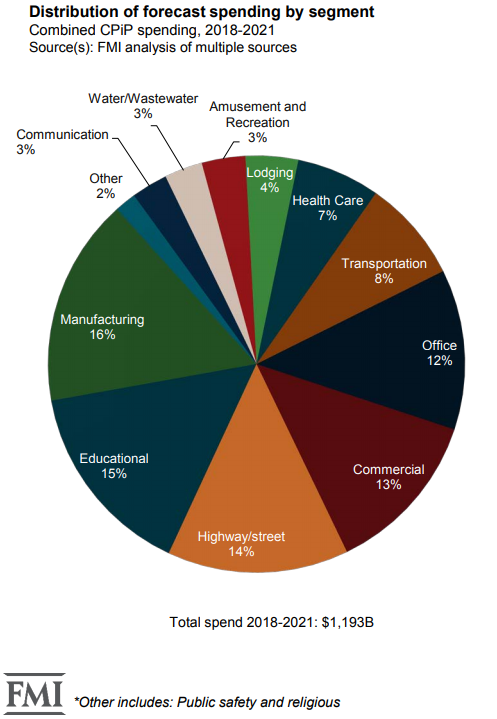
Transtec’s Design-Build Services
In design-build, Transtec engineers work with developers to come up with innovative design concepts that save time and money, optimize performance of the pavement from subgrade to surface, and ensure owner approval. Transtec also provides construction support during the project, working with the contractor to answer questions that come up during the project. Additionally, Transtec engineers can evaluate pavement that fails to meet project specifications and determine whether the pavement performance is affected and whether it needs to be fixed.
Transtec’s innovative designs have helped clients win many projects, including the $1 billion DFW Connector project, where Transtec provided pavement and mix designs, and the $1.1 billion SH 99 Grand Parkway project, where Transtec optimized the pavement for reduced cost and increased performance. Both projects received a National Award for Excellence in Concrete Pavement from The American Concrete Pavement Association (ACPA) in recognition of outstanding design and construction.

